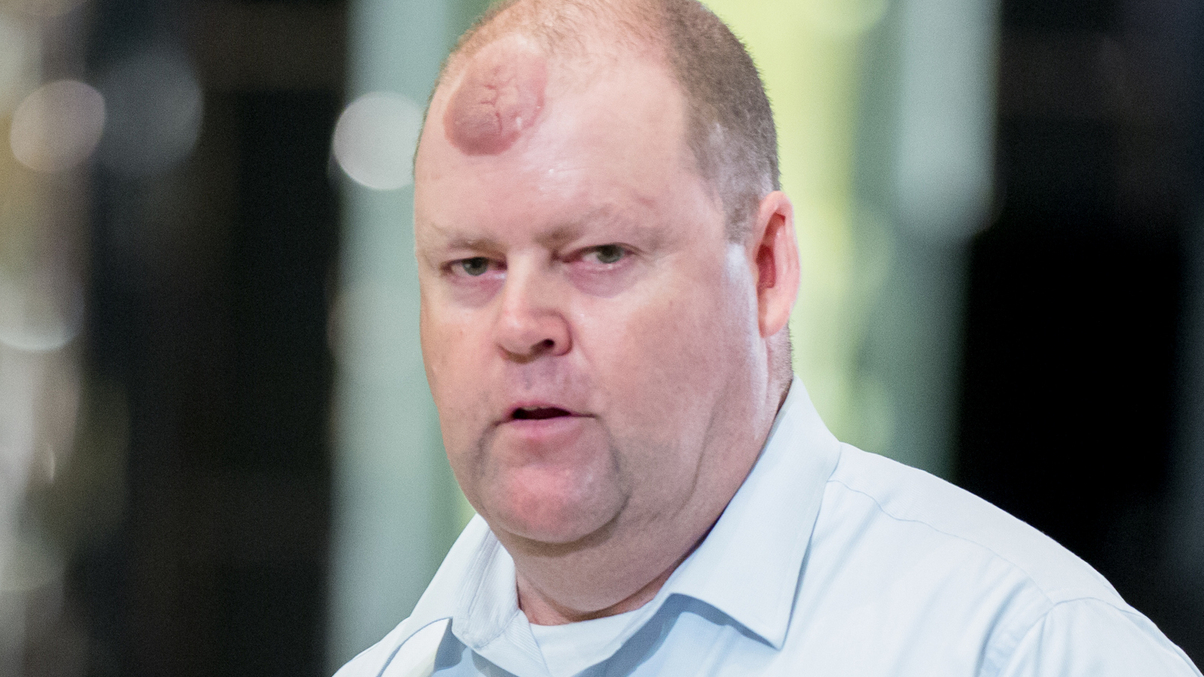Call for radical reform of 'poor' quality funds industry
Towers Watson's Peter Ryan-Kane provides some solutions to the funds industry's failure to meet long-term objectives, as a poll shows how little investment professionals think of their own sector.

Investment professionals’ low opinion of their own industry in Asia has led to a call for sweeping changes in the funds sector.
Sign in to read on!
Registered users get 2 free articles in 30 days.
Subscribers have full unlimited access to AsianInvestor
Not signed up? New users get 2 free articles per month, plus a 7-day unlimited free trial.
¬ Haymarket Media Limited. All rights reserved.


